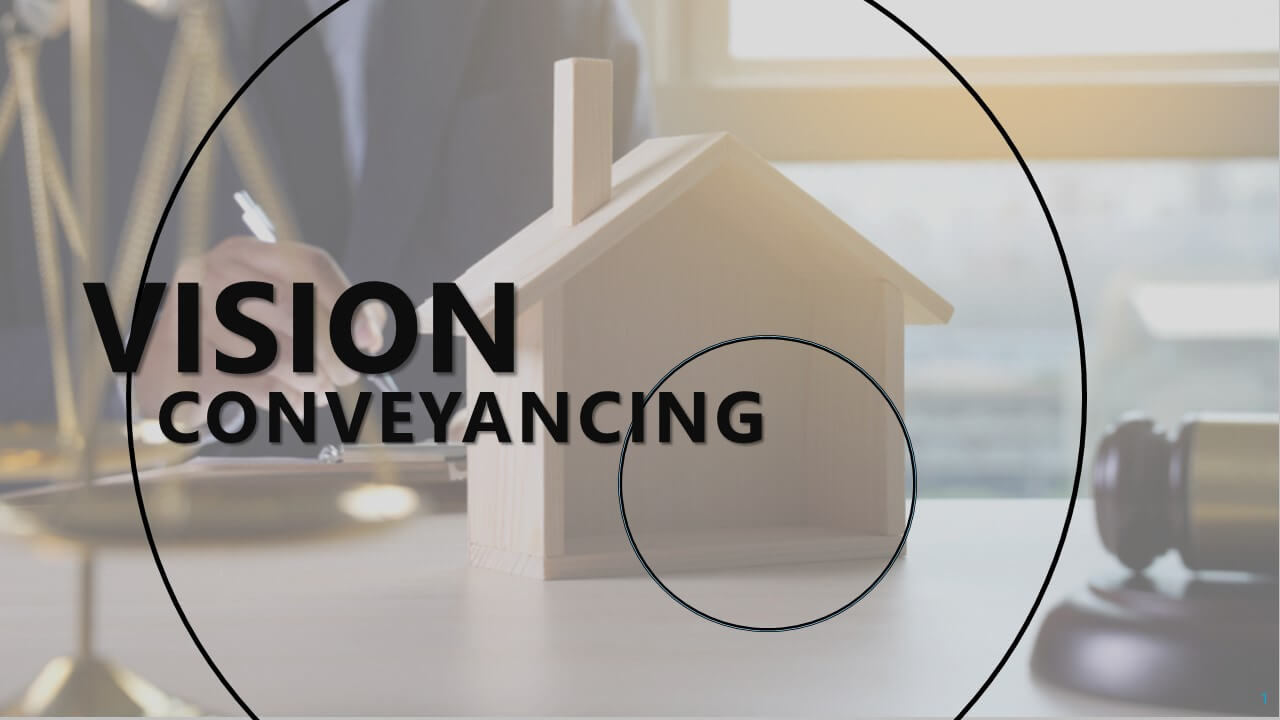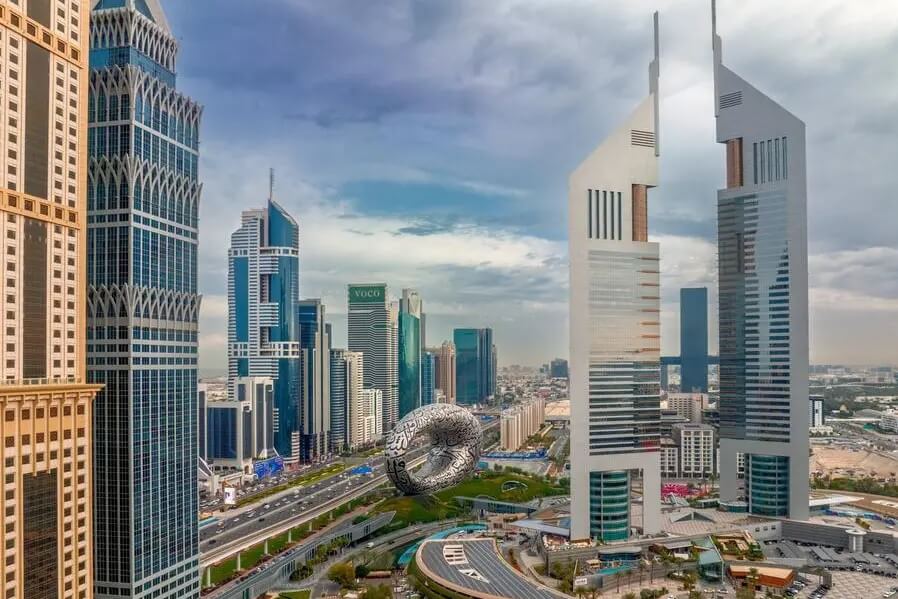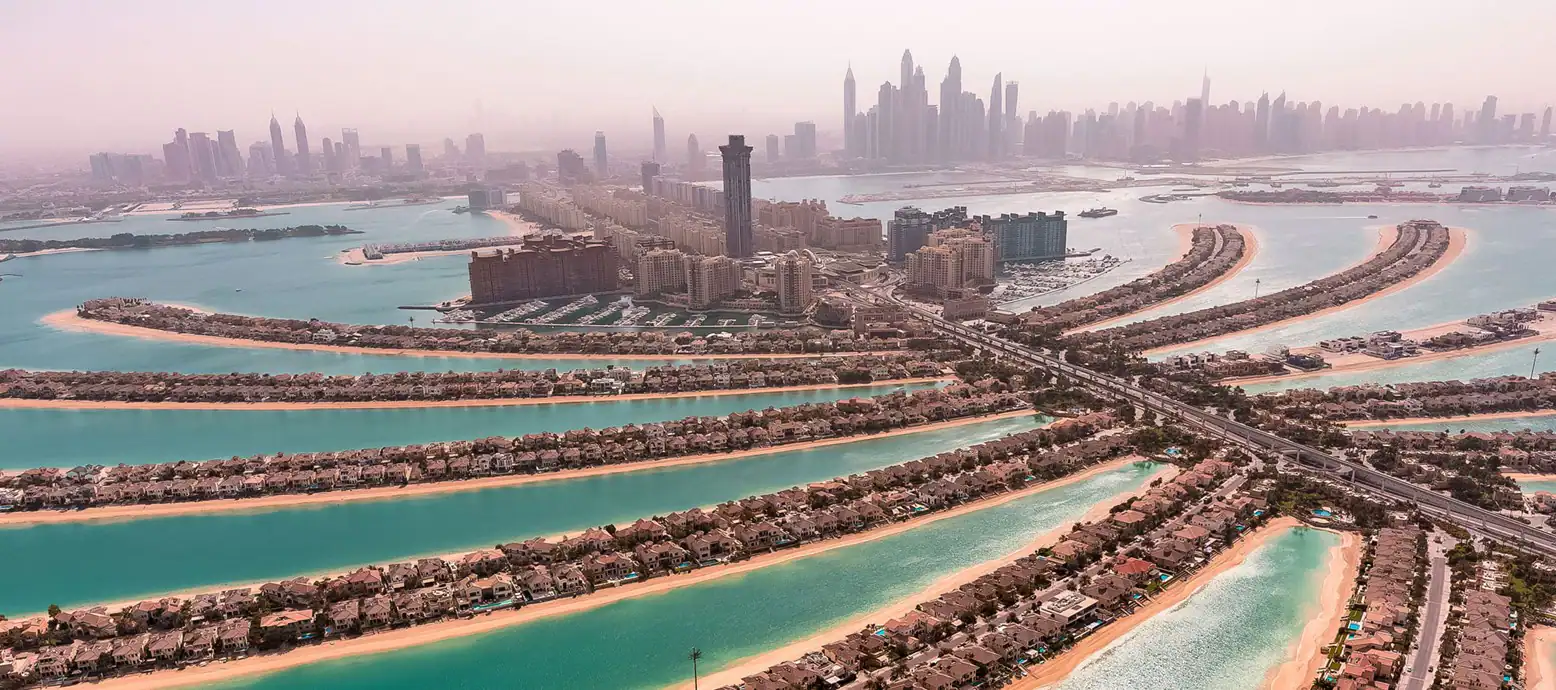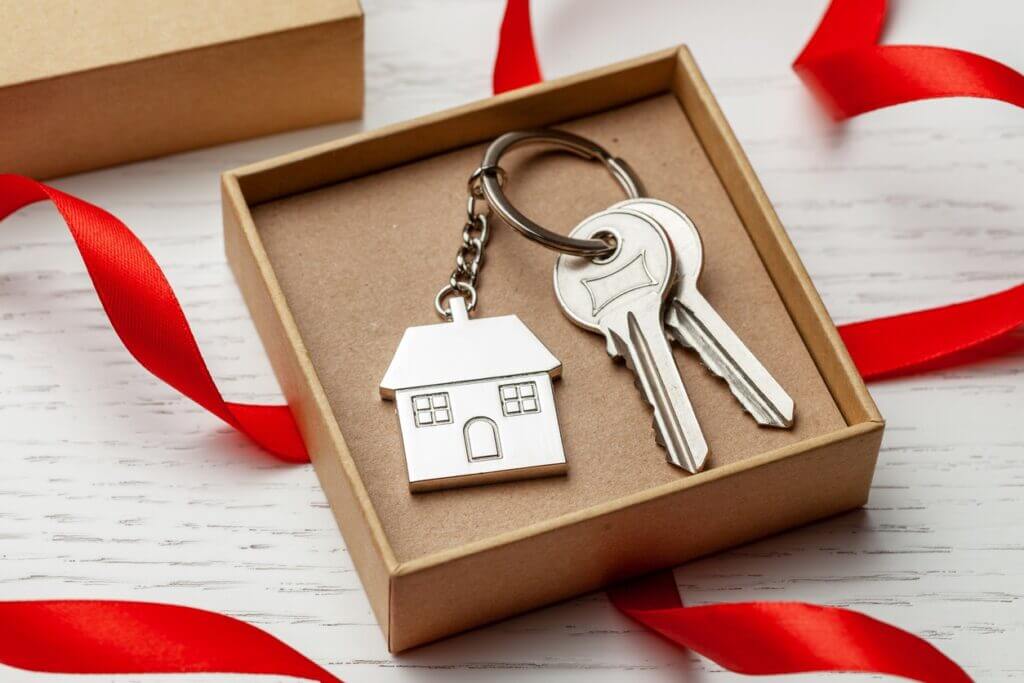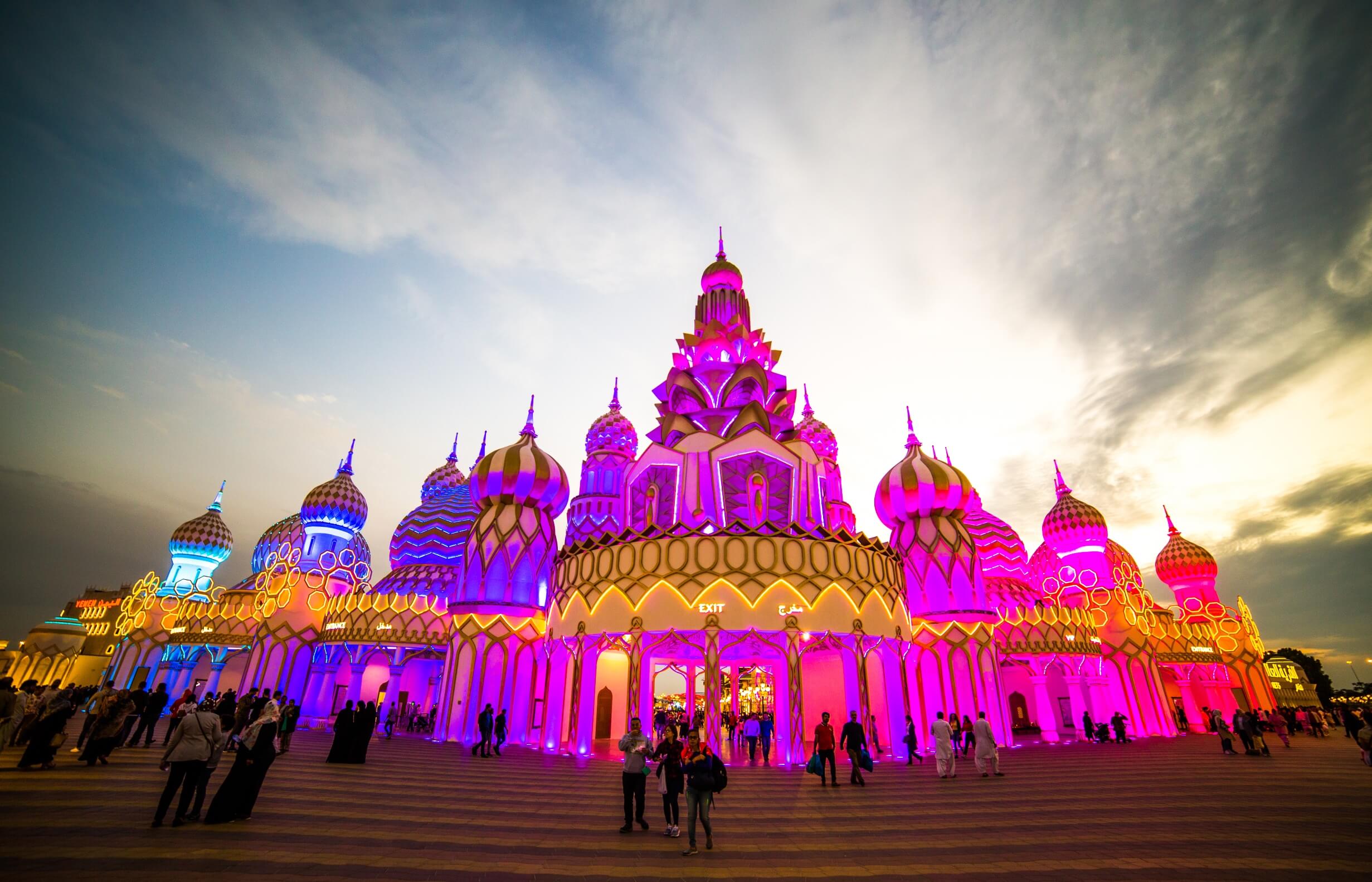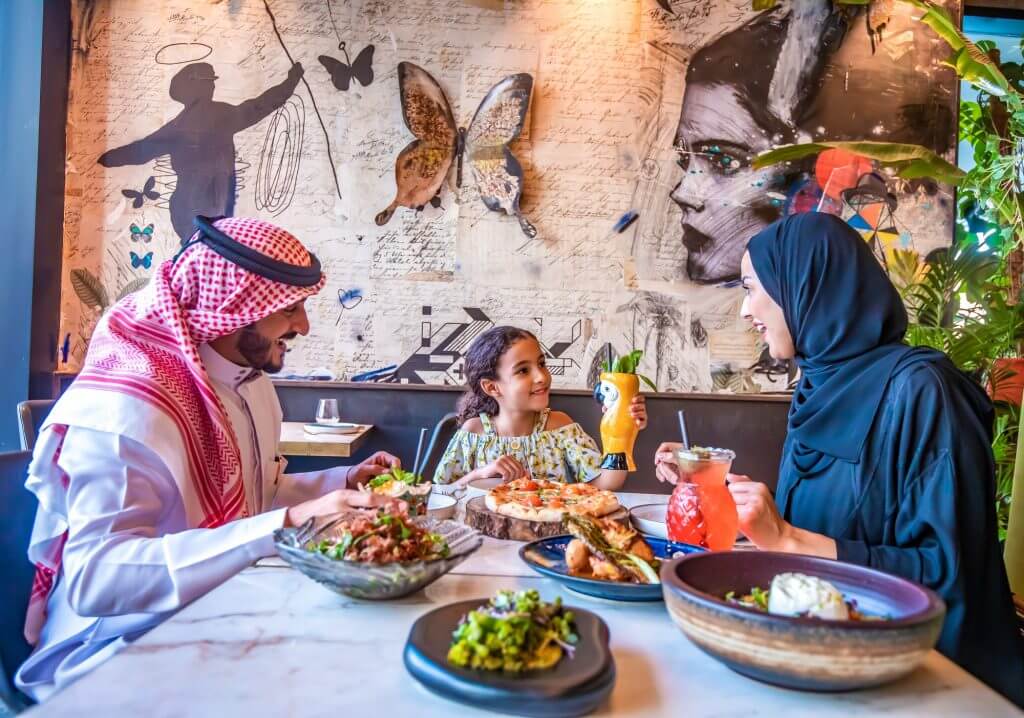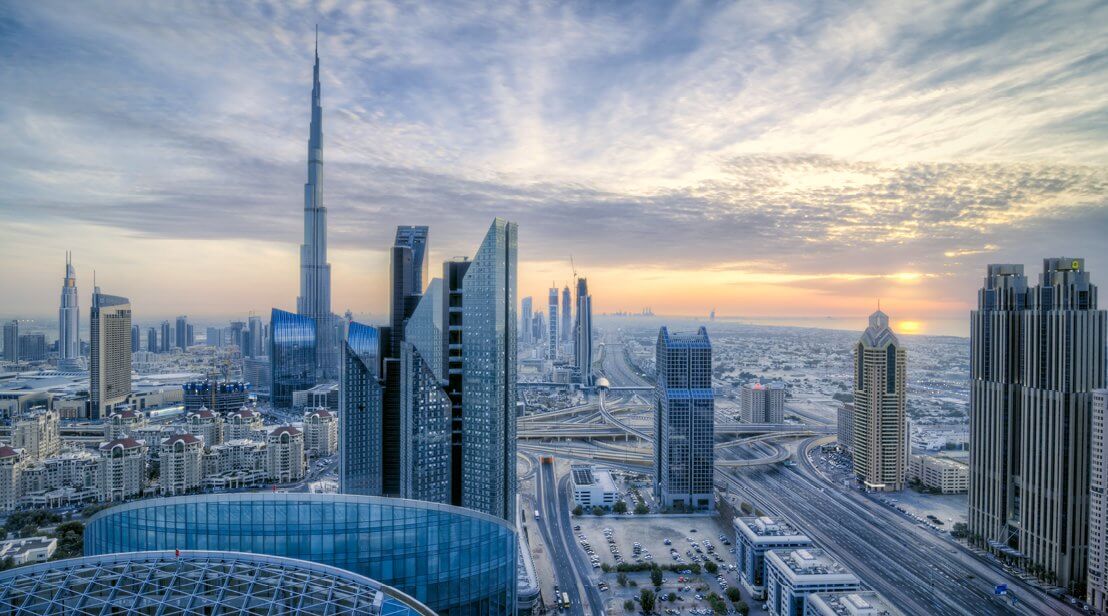“We streamline the legal process of transferring property ownership, offering a seamless and personalized conveyancing service. Our team will handle all the legal requirements to ensure your property is ready for transfer” — Vision Conveyancing
What is Conveyancing?
Conveyancing is the branch of law that covers the entire legal and administrative work required to ensure a Real Property purchase is valid under law, it also entails the communication with all concerned parties and stakeholders in order to transfer the legal title of Real Property.
What is Sales Progression?
Sales progression involves overseeing the property transaction from the moment a seller accepts an offer until the completion and transfer of the property to the buyer.
The ever-changing rules, regulations and fees involved in selling or buying a property in Dubai can sometimes make it difficult to stay updated with. The is why our Partners at Vision Conveyancing make sure they provide our clients with most streamlined and stress-free process, starting from signing the sale contract until the final property transfer.
Vision Conveyancing specializes in consolidating sale contracts in the most comprehensive way that protects the rights of both the Buyers and Sellers, as well as protecting them from any possible fraud or dispute that could put their assets in jeopardy. In addition, their main focus is representing the Buyer and Seller in all communications and documentations with external parties (Banks, Developers, Trustee Offices, Dubai Land Department, Utility Providers and Notary Public, Dubai Authorities such as Municipality and Development Authority and many more), they have the most extensive knowledge of the procedure for any transaction nature whether its mortgage or cash sale, you can be assured that your transfer is being handled by professionals.
Any typical transfer usually involves figures, pro-rata calculations and sometimes hidden fees to be prepared for Dubai Land Department, developers, and utility providers, as well as many other minor charges and in turn further processes to be executed in certain sequences which requires continuous follow up.
These tasks were previously taken care of by Brokers, however as a result of their busy schedule conducting viewings, valuations and negotiating other properties is what makes having a dedicated Conveyancer beneficial to ensure your inquiries and concerns are timely attended. Having one right point of contact that advise you about requirements, timelines next steps and fees will not only make you feel assured about their knowledge but also give a peace of mind throughout the process.
Benefits of Having a Sales Progression Officer
Having a sales progression officer offers several advantages:
- Expert Handling: Sales progression officers are skilled in managing property transactions and can efficiently address any issues that might cause delays or complications.
- Streamlined Process: They handle the paperwork, communications, and problem-solving, freeing you to focus on other aspects of your sale.
- Efficiency: They Spot any potential obstacles and deliver solutions to accelerate the process of the sale. Their experience helps expedite the sales process, ensuring timely completion and compliance with legal requirements.
- Communication: Keeping you updated on the transaction by continuously following up on the progress
- Statement of Account: Prior to the confirmed date of final transfer, we will be ending a detailed financial statement to both Buyer and Seller outlining the charges payable to DLD, property value, trustee office, developer and agency, as well as any pro-rated amounts of service charges or rent to be refunded. The statement will include the amount, mode of payment and beneficiary.
How Does a Sales Progression Officer Facilitate a Property Sale in Dubai?
If both parties agree, a sales progression officer will guide you through a smooth property transfer in Dubai. Here’s a step-by-step overview of the process:
Sign the Sales Agreement:
Once the buyer and seller agree on the sale terms, the sales progression officer drafts the necessary documents, including the Unified Form F and an Agreement of Sale. These binding agreements outline the terms, purchase price, payment schedule, and other key details. It’s advisable to involve a lawyer to review these agreements for legality and fairness.
Conduct Due Diligence:
For buyers, thorough due diligence is crucial. The sales progression officer will assist in verifying the property’s legal status, ownership, and any outstanding liabilities. This involves obtaining essential documents such as title deeds, survey reports, and Developers No Objection Certificates (NOCs), DDA and Dubai Municipality Approvals and many more.
Mortgage Application for Buyers
In case you’re a mortgage Buyer , the sales progresionist will work along with the bank to conduct the property evaluation, exchange documents to get the Final Offer Letter and finally coordinate to get the managers’ cheques and the trustee appointment.
Mortgage Discharge for Sellers
If the property is under mortgage, a liability letter should be obtained from the lending bank outlining the outstanding loan, the same shall either be cleared by the Buyer or the Buyer’s bank through a blocking procedure that the Sales progressionist will arrange at the registration trustee. Afterwards, a mortgage clearance letter will be obtained and given to the trustee office in order to release the cheque of the property value and issue the final title deed.
Manage the Escrow Account:
In Dubai, property transactions often involve an escrow account. The buyer deposits the agreed amount into this neutral account, managed by the sales progression officer, who ensures secure and transparent handling of the funds according to the contract terms.
Handle Property Transfer Application:
The sales progression officer prepares and submits the required documents to the Dubai Land Department (DLD) for the property transfer. This includes completing forms, paying transfer fees, and providing necessary documentation such as:
Manager’s cheque for the property price
Original identification documents of the buyer and seller (Emirates ID, passport)
Original NOC issued by the developer
Signed Unifed Contract F
Developers NOC
After the clearance of all utility charges, the Sales Progressionist will work on the documentation and apply for the resale NOC, depending on the developer and the work process, they will represent the Seller in all stages starting from the inspection until the collection of NOC.
Final Payment and Title Deed Transfer:
Upon completing all procedures and approvals, the buyer makes the final payment to the seller. Once payment is confirmed, the sales progression officer facilitates the transfer of ownership and title deed to the buyer. Additionally, they assist in obtaining a moving-in permit from the developer and DEWA/Utilities closure for the Sellers and connection for the Sellers.

info@visionconveyancing.com
971 54 998 4902
www.visionconveyancing.me
A sales progression officer is an invaluable asset in the property transaction process in Dubai. By taking care of the details and navigating potential pitfalls, they help both buyers and sellers focus on their primary goals and move forward with confidence.
Whether you’re buying or selling, partnering with a skilled sales progression officer can make a significant difference in achieving a successful property transaction.




